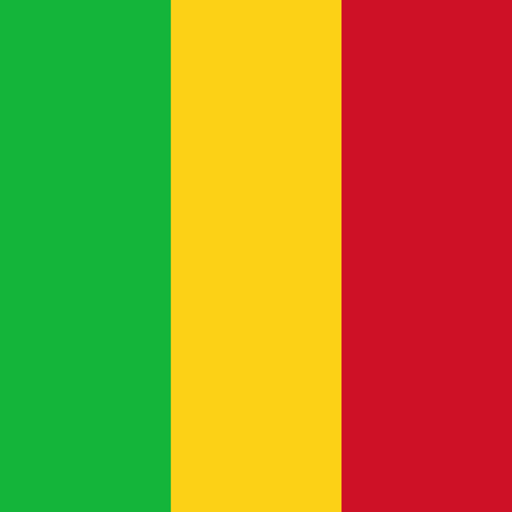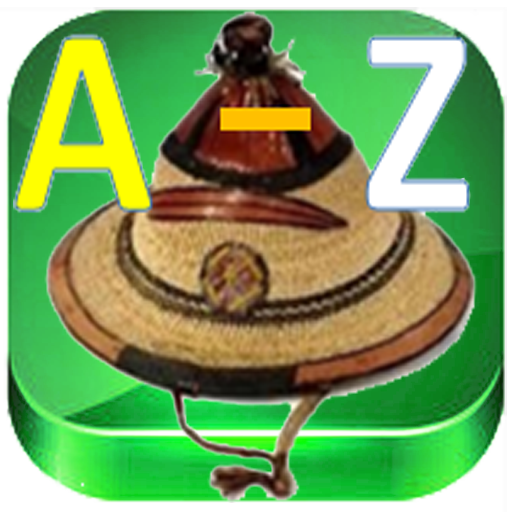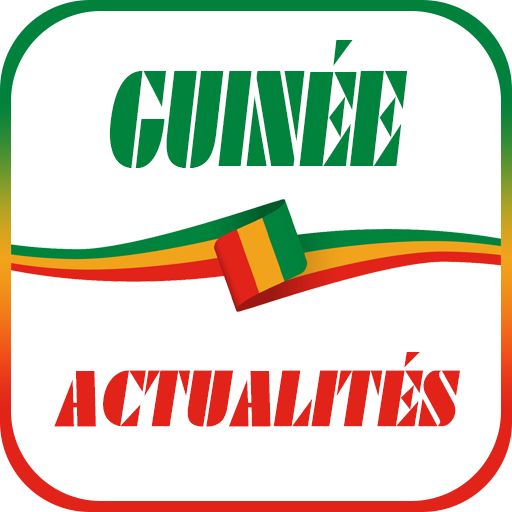

History of Niger
图书与工具书 | History1111
在電腦上使用BlueStacks –受到5億以上的遊戲玩家所信任的Android遊戲平台。
Play History of Niger on PC
Niger or the Niger[9][10] (/ˈnaɪdʒər/ (About this sound listen) or /niːˈʒɛər/;[11][12] French: [niʒɛʁ]), officially the Republic of the Niger,[9][10] is a landlocked country in Western Africa, named after the Niger River. Niger is bordered by Libya to the northeast, Chad to the east, Nigeria and Benin to the south, Burkina Faso and Mali to the west, and Algeria to the northwest. Niger covers a land area of almost 1,270,000 km2, making it the largest country in West Africa, with over 80 percent of its land area covered by the Sahara Desert. The country's predominantly Islamic population of about 19 million[4] is mostly clustered in the far south and west of the country. The capital city is Niamey, located in the far-southwest corner of Niger.
Niger is a developing country, and is consistently one of the lowest-ranked in the United Nations' Human Development Index (HDI); it was ranked last at 188th for 2014.[7] Much of the non-desert portions of the country are threatened by periodic drought and desertification. The economy is concentrated around subsistence and some export agriculture clustered in the more fertile south, and the export of raw materials, especially uranium ore. Niger faces serious challenges to development due to its landlocked position, desert terrain, inefficient agriculture, high fertility rates and resulting overpopulation without birth control,[13] poor education and poverty of its people, lack of infrastructure, poor health care, and environmental degradation.
Nigerien society reflects a diversity drawn from the long independent histories of its several ethnic groups and regions and their relatively short period living in a single state. Historically, what is now Niger has been on the fringes of several large states. Since independence, Nigeriens have lived under five constitutions and three periods of military rule. Following a military coup in 2010, Niger has become a democratic, multi-party state. A majority live in rural areas, and have little access to advanced education. 71.3% of the population cannot read as of 2015, one of the lowest literacy rates in the world.
Niger is a developing country, and is consistently one of the lowest-ranked in the United Nations' Human Development Index (HDI); it was ranked last at 188th for 2014.[7] Much of the non-desert portions of the country are threatened by periodic drought and desertification. The economy is concentrated around subsistence and some export agriculture clustered in the more fertile south, and the export of raw materials, especially uranium ore. Niger faces serious challenges to development due to its landlocked position, desert terrain, inefficient agriculture, high fertility rates and resulting overpopulation without birth control,[13] poor education and poverty of its people, lack of infrastructure, poor health care, and environmental degradation.
Nigerien society reflects a diversity drawn from the long independent histories of its several ethnic groups and regions and their relatively short period living in a single state. Historically, what is now Niger has been on the fringes of several large states. Since independence, Nigeriens have lived under five constitutions and three periods of military rule. Following a military coup in 2010, Niger has become a democratic, multi-party state. A majority live in rural areas, and have little access to advanced education. 71.3% of the population cannot read as of 2015, one of the lowest literacy rates in the world.
在電腦上遊玩History of Niger . 輕易上手.
-
在您的電腦上下載並安裝BlueStacks
-
完成Google登入後即可訪問Play商店,或等你需要訪問Play商店十再登入
-
在右上角的搜索欄中尋找 History of Niger
-
點擊以從搜索結果中安裝 History of Niger
-
完成Google登入(如果您跳過了步驟2),以安裝 History of Niger
-
在首頁畫面中點擊 History of Niger 圖標來啟動遊戲




